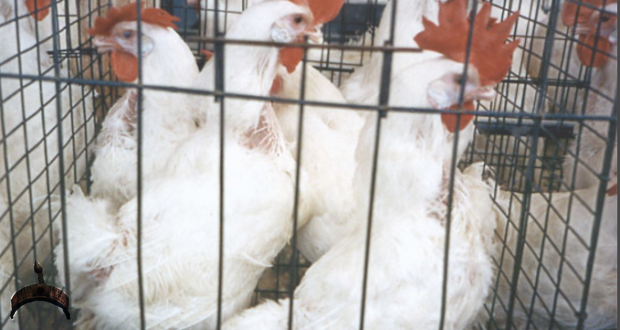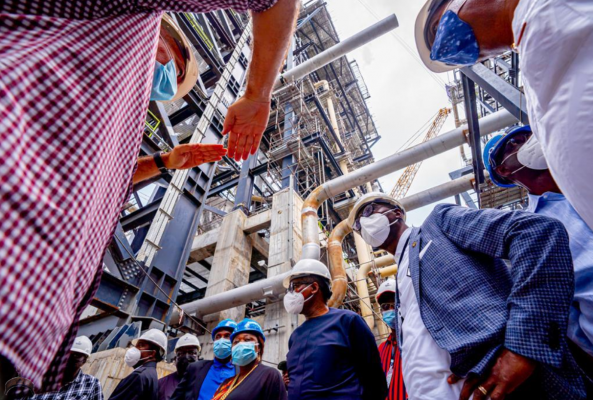Chicken consumers in Asaba on Sunday expressed displeasure over the hike in charges for processing the commodity by butchers.
A survey conducted by the News Agency of Nigeria (NAN) at the Abraka Market revealed that the price for processing one chicken had gone up from N100 to N200.
Mrs Cynthia Uchenna, a resident, said that she used to pay N100 to have one bird processed but was now told to pay N200, adding that the 100 per cent increase was too much.
“Prices of all commodities have shot up because of recession. Will the President also be blamed for the hike in this ordinary service?,” she asked.
According to her, the butchers have no reason to increase the charges because the time and energy spent on processing one chicken has not increased.
Another consumer, Mrs Ejiro Ugbaja, also argued that there was no reason for the increase, noting that the butchers were just exploiting the consumers because of the festive period.
But a butcher, Mr Abdul Hamisu, said that the service charge was hiked because the season presented the best opportunity for them to make more money.
Hamisu explained that the rush for the commodity and the long queue gave rise to the price increase.
He said that consumers who kicked against the increase failed to realise that the amount of pressure mounted on them by the consumers had also doubled.
“How many of these women come to the market to buy chicken before this season?,” he asked.
However, another butcher, Mr Jelili Mafara, said that they decided to increase the charges because more people strayed into the business during festive periods.
According to him, because of the increase in number of butchers the number of chicken he processed in a day during the yuletide had dropped.
He said that he used to process up to 30 birds a day during festive periods in the past, but that the number had dropped to about 20.
Mafara also attributed the hike in the charges to the increase in price of firewood used in boiling the water for the processing.
“If you are not careful this time, you might end up regretting at the close of work,” he said. (NAN)
 Ọmọ Oòduà Naija Gist | News From Nigeria | Entertainment gist Nigeria|Networking|News.. Visit for Nigeria breaking news , Nigerian Movies , Naija music , Jobs In Nigeria , Naija News , Nollywood, Gist and more
Ọmọ Oòduà Naija Gist | News From Nigeria | Entertainment gist Nigeria|Networking|News.. Visit for Nigeria breaking news , Nigerian Movies , Naija music , Jobs In Nigeria , Naija News , Nollywood, Gist and more









